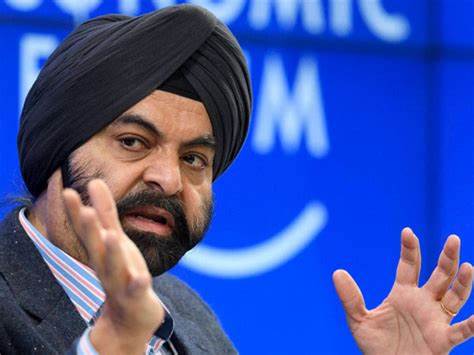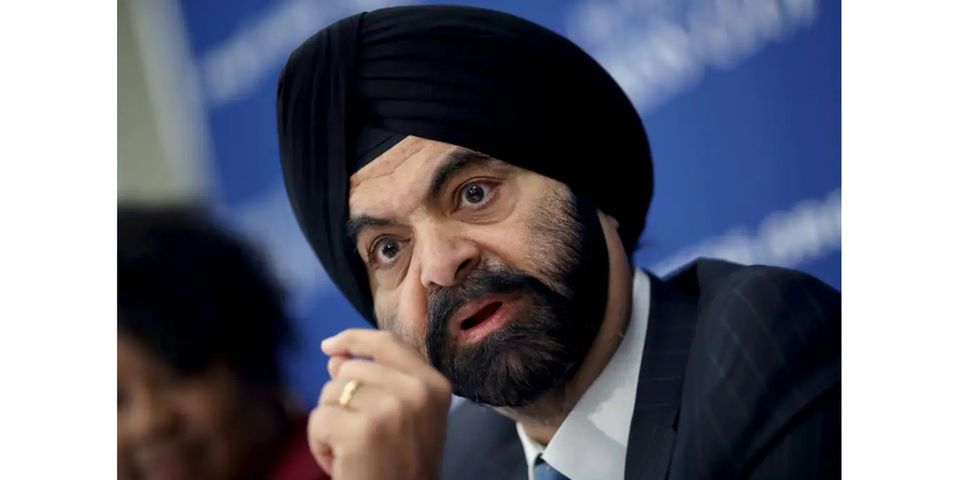

Summary
Banga, the first World Bank president from South Asia, takes over on June 2 from outgoing president David Malpass, who is stepping down early from a presidency clouded by questions over his climate stance.
Washington. Ajay Banga, confirmed Wednesday as the World Bank’s next president, is an Indian-born American executive who has been hailed by media in his birth country as the global development lender’s “face of change.”
His leadership for a five-year term comes as the bank pivots to face climate change, a crucial transition that the former Mastercard chief sees as closely tied to vanquishing inequality — and he has big plans for the private sector’s role in that task.
Banga, the first World Bank president from South Asia, takes over on June 2 from outgoing president David Malpass, who is stepping down early from a presidency clouded by questions over his climate stance.
Born into a Sikh family in the Indian city of Pune, in the state of Maharashtra, Banga is a naturalized US citizen.
The 63-year-old grew up in different parts of the country due to his father’s job as an army officer, before starting out at the Indian subsidiary of Nestle in the early 1980s.
He went on to have a successful business career in India, and later relocated to the United States.
Banga ran the payments company Mastercard for more than a decade between 2010 and 2021, and has also served on the boards of the American Red Cross, Kraft Foods and Dow Inc.
More recently, he was vice chairman at private equity firm General Atlantic.
Private financing for global problems
Banga’s expertise in finance and development will play a key role for the bank as it realigns to face the challenge of a warming planet.
He has said he wants to see greater private sector funding to help tackle financing for global problems.
“There is not enough money without the private sector,” he told reporters in March.
As for climate change, he added that the issue goes far beyond greenhouse gases.
“My belief is that poverty alleviation or shared prosperity or all those words that essentially imply the idea of tackling inequality cannot be divorced from the challenges of managing nature,” he said in the earlier interview.
Under an unwritten arrangement, a US citizen has historically held the presidency of the Washington-based development lender — a practice that has led to growing unease over America’s grip on the bank from developing and emerging economies.
A growing number of countries have challenged the unwritten arrangement in recent years, but the sole nomination of Banga suggests the US still holds sway — for now.
No women were nominated for the post, despite the World Bank “strongly” encouraging applications.
All of the presidents approved by the organization since its inception in the 1940s have been men.
___
Source here
